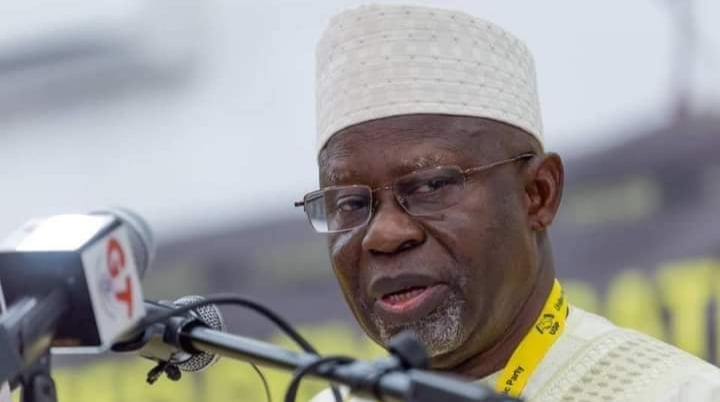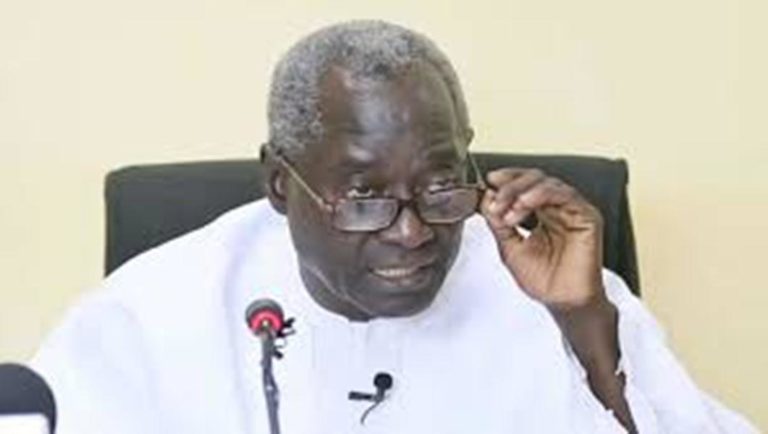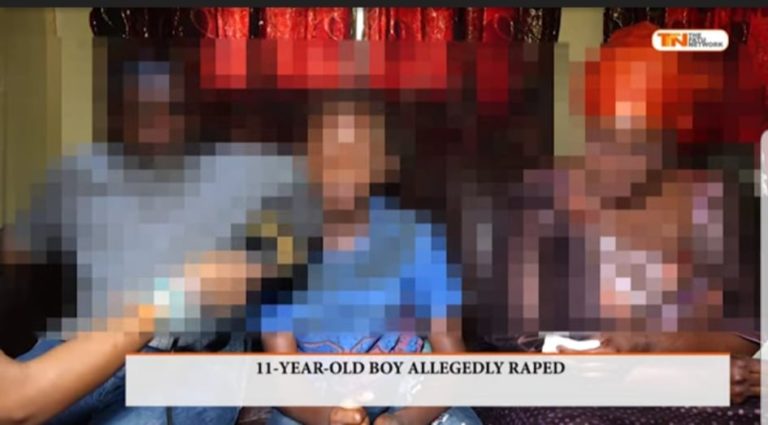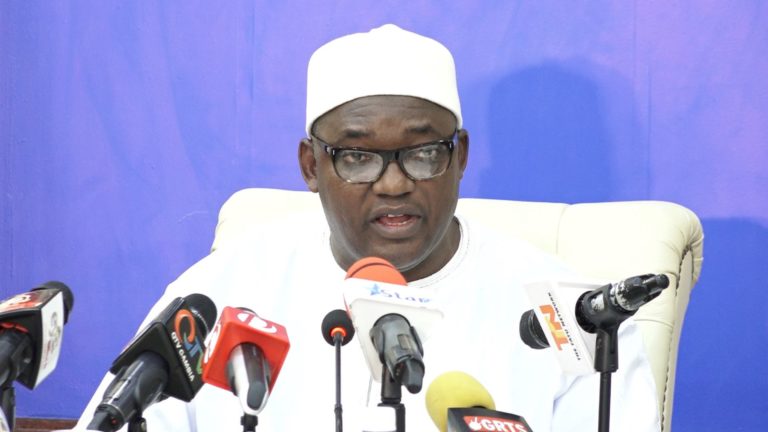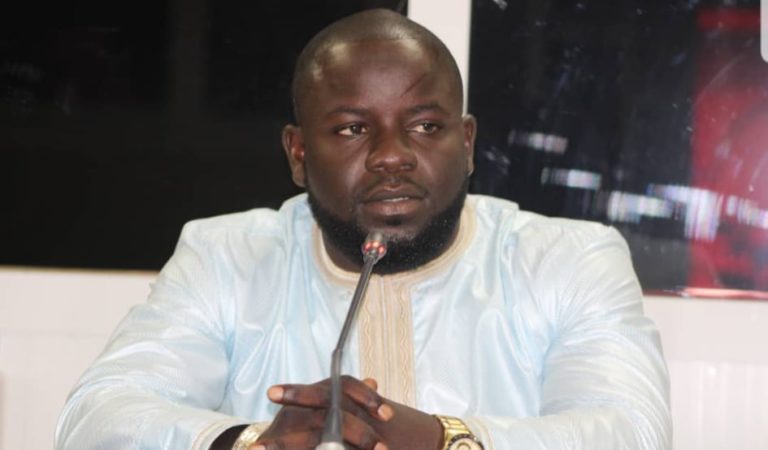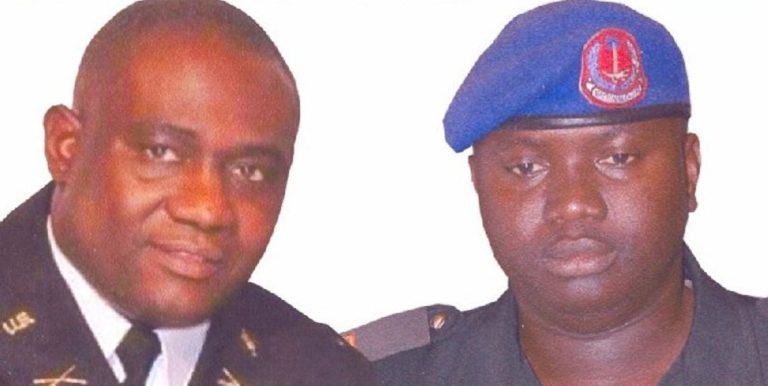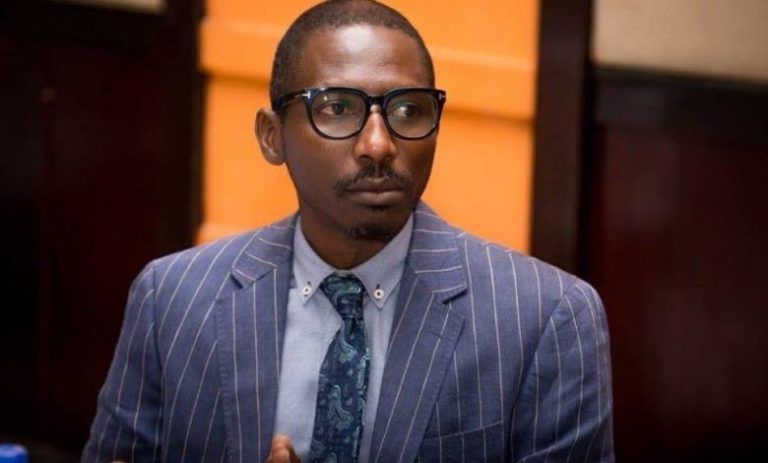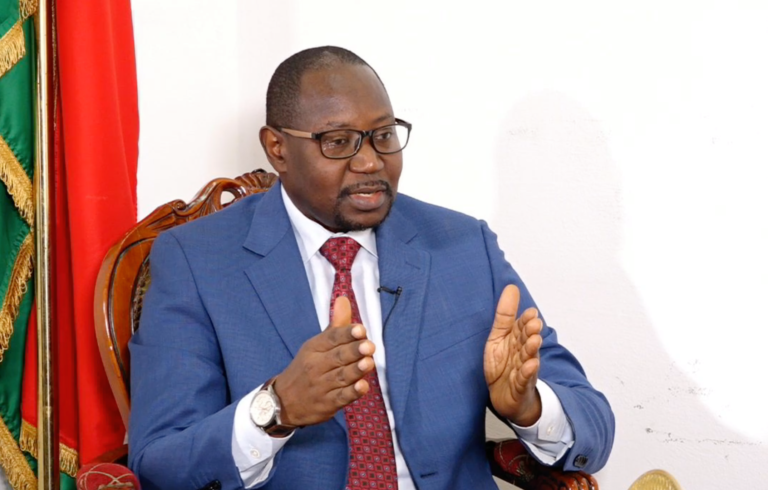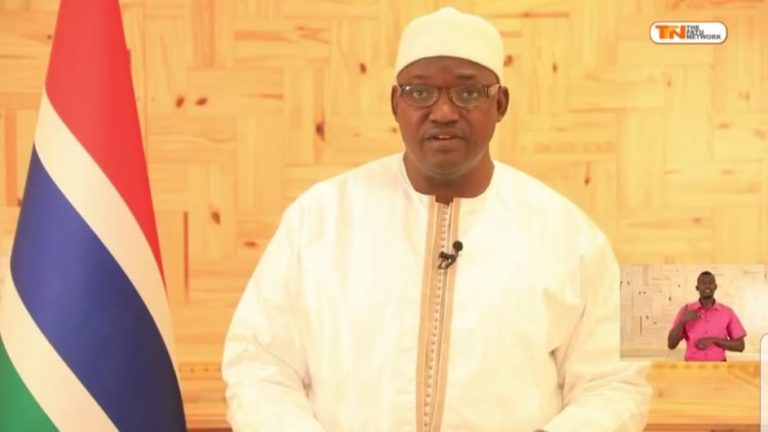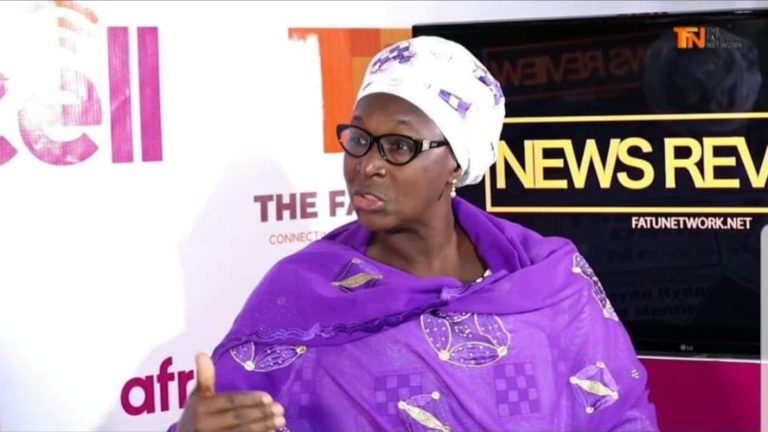By Madi Jobarteh
Special commendation to Modou Njie and his December 30 Comrades for the ultimate sacrifice they took in the sacred and historic duty to salvage the nation! If anyone doubted the legitimate justification of D30 look no further than December 2016 presidential election. The fact that Jammeh refused to accept that verdict such that no amount of appeal from his own fellow heads of state could even make him withdraw such that the world had to agree to mobilize a mighty military force against The Gambia just to make him respect the will of the people of The Gambia indicates that democratic election was not enough to remove Jammeh from office!
There are people who claim that election was enough to remove Jammeh. That is a farce otherwise Jammeh would have conceded the election results abd left office quite peaceful! But he did not! Rather he was prepared to plunge the country into a civil war!
Those who claim a coup is illegal are only speaking in general terms without context! Yes, it is unjustified to remove a government that is democratically elected and abiding by democratic practices. It is not enough to overthrow a government just because there is corruption or abuse of rights! No easy or simple discontent against a government should warrant an overthrow.
But a government that refuses any form of freedom of expression and assembly so that it denies no accountability and redress whatsoever contrary to the constitution of that contrary deserves to be removed by any means necessary. A government that engages in blatant and arbitrary arrest, detention, enforced disappearances and summary executions of citizens without discrimination just on account of their opinion and political activities and for the selfish interest of that president is a government that does not deserve to live! This was why colonialism and authoritarian regimes were overthrown everywhere in the world.
Government is the opinion of citizens in a democracy. Government has a duty to protect human rights as set out in the constitution. Government has a duty to abide by the rule of law in a democracy. Therefore Democracy presupposes that the avenues for accountability, popular participation, peaceful political change, and redress remain open, effective and free without any possibility of reprisal!
Hence a government that makes accountability and popular participation a highly risky activity – a life and death issue – for citizens is a government that intends to kill the sovereignty and the voices of citizens. Such a government does not have the legitimacy and legality to survive for a second!
There is no democratic government on earth which does not have faults. Whether it’s Senegal or Sweden or US or Ghana, one will find lot of things that a citizen disagrees with a government. But so long as a government has created and protected the means for accountability and popular participation and largely respects those avenues then one will have no justification to seek the violent overthrow of that government. For example, there’s no justification whatsoever to overthrow the Government of Adama Barrow despite any disagreement one would have with it!
But Yaya Jammeh’s regime was not a government that ensured accountability and popular participation to take place without risk. Rather his regime had not only failed to abide by the rule of law but had gone further to kill the voices and lives of citizens for peacefully dissenting, with impunity!
Consequently the Jammeh regime did not deserve to exist. It was the duty of all citizens to ensure that that regime was ended by any means necessary. Therefore what our D30 Compatriots did was the highest sacrifice for Republic expected of any patriotic citizen in defense of the Sovereignty and dignity of Gambians!
Let us remember that the primary duty of any government is to protect the sovereign rights of citizens. No elected and appointed public officer or security officer has the right or power or duty to violate the right of any other Gambian. If it happens then that officer must be held accountable immediately! Failure to hold that officer accountable is to therefore compel the victim to employ any means to seek redress!
This is why the Universal Declaration of Human Rights has cited that if people are not compelled to resort to violent rebellion then human rights must be protected by law and enforced by the State! The Gambia is a party to that Universal Declaration of Human Rights!
May the glorious souls of Jaja Nyass, Njagga Jagne and Lamin Sanneh continue to rest in Janatul Firdawsi. Amen.
Bring Jammeh to Justice.
For The Gambia Our Homeland

